White House Arts and Humanities Medals Recognize Americans’ Collective Experience
As the nation nears the end of a highly divisive political season, President Obama uses the awards ceremony to focus on common ground.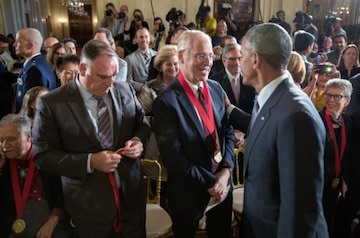
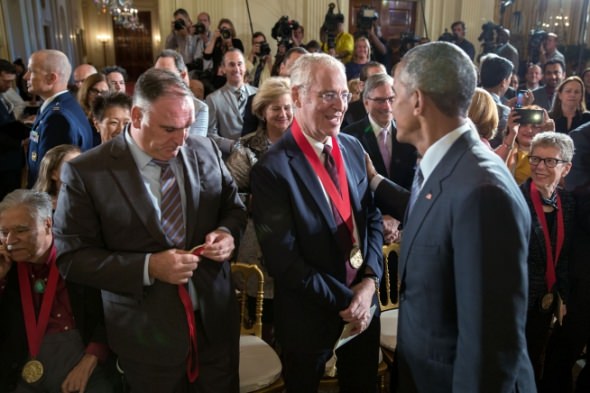
President Barack Obama speaks with National Humanities Medal recipient Ron Chernow. Other medalists, from left, are author Rudolfo Anaya, chef and entrepreneur José Andrés, and radio host/producer Terry Gross. (Pete Souza/ The White House)
Last Thursday at the White House, President Barack Obama took a moment to focus on common ground at the presentations of the National Medal of Arts and Humanities—the highest award for artists in the United States. Obama honored a diverse group of 24 writers, academics and performers, including author Sandra Cisneros (“The House on Mango Street”), NPR host Terry Gross (“Fresh Air”), comedian and filmmaker Mel Brooks (“Blazing Saddles,” “The Producers” and “Young Frankenstein”), Broadway performer Audra McDonald (“Lady Day at Emerson’s Bar and Grill”), writer Ron Chernow (“The House of Morgan”) and playwright and director Luis Valdez (“Zoot Suit”).
The president used the ceremony to speak about America’s shared culture.
Obama remarked:
The arts and humanities are in many ways reflective of our national soul. They’re central to who we are as Americans, dreamers and storytellers and innovators and visionaries. … They’re what helps us make sense of the past, the good and the bad, they’re how we chart a course for the future while leaving something of ourselves for the next generation to learn from.
They [the arts and humanities] lift up our identities and make us see ourselves in each other. Today’s honorees each possesses a gift for this kind of creative empathy—a gift that allows us to exchange a sense of what is most important and most profound in us, and to identify in our collective experience as Americans.
In a panel discussion before the medal ceremony, medalists echoed the theme of humanitarian empathy and shared their reflections.
“One of the values of the humanities—for those of us who do find meaning in literature, in music, in film or in learning more about the past—it’s a place where we can feel connected to people who we don’t know, [and] people who lived in earlier times,” said NPR host Gross. “It helps us find meaning.”
To run the video below, click on the arrow and then advance the time marker to 32:43.
—Posted by Clara Romeo
Independent journalism is under threat and overshadowed by heavily funded mainstream media.
You can help level the playing field. Become a member.
Your tax-deductible contribution keeps us digging beneath the headlines to give you thought-provoking, investigative reporting and analysis that unearths what's really happening- without compromise.
Give today to support our courageous, independent journalists.

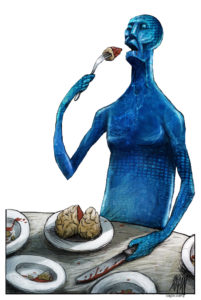
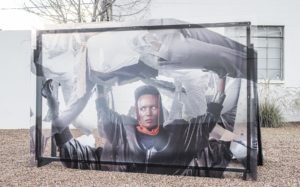
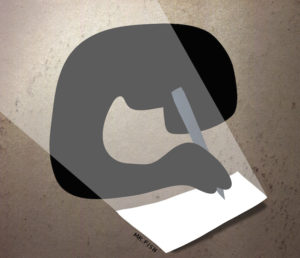
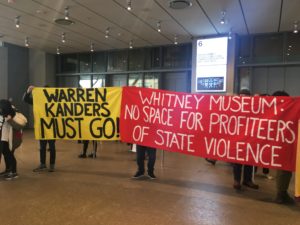
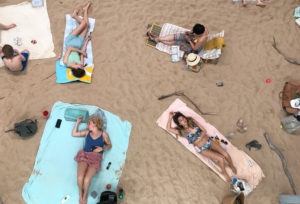
You need to be a supporter to comment.
There are currently no responses to this article.
Be the first to respond.